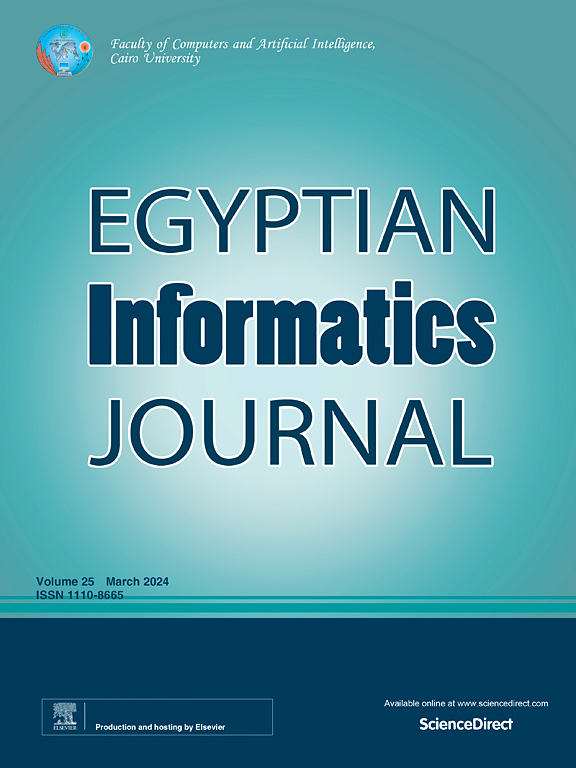A modified genetic algorithm for large-scale and joint satellite mission planning
IF 4.3
3区 计算机科学
Q1 COMPUTER SCIENCE, ARTIFICIAL INTELLIGENCE
引用次数: 0
Abstract
In the context of global space technology’s rapid advancements, an increasing number of Earth observation satellites are being deployed to perform remote sensing missions, including target identification and regional surveillance. However, the inherent limitations of individual satellite systems — such as restricted observational coverage, temporal constraints, and resource capacities — necessitate collaborative multi-constellation operations to fulfill complex mission demands. This integration introduces a large-scale, multi-dimensional optimization challenge characterized by conflicting objectives (e.g., maximizing mission success rates and observational utility) and intricate constraints (e.g., satellite payload limitations and task-specific requirements). To address these complexities, we propose an enhanced hybrid genetic algorithm (GA) framework that integrates three complementary strategies: (1) an adaptive parameter tuning mechanism to balance exploration–exploitation trade-offs during evolution dynamically, (2) a tabu search-based local optimization module to refine solution quality while avoiding premature convergence, and (3) an elitist preservation protocol to retain high-performance candidates across generations. Simulation experiments conducted on representative mission scenarios demonstrate that the proposed methodology achieves superior performance compared to conventional algorithms, particularly in scenarios requiring stringent resource allocation and real-time responsiveness. The results validate the ability of the framework to solve large-scale satellite mission planning problems within relevant constraints effectively.
大型联合卫星任务规划的改进遗传算法
在全球空间技术迅速发展的背景下,正在部署越来越多的地球观测卫星来执行遥感任务,包括目标识别和区域监视。然而,单个卫星系统的固有局限性——例如有限的观测覆盖范围、时间约束和资源能力——需要协作多星座操作来完成复杂的任务需求。这种整合带来了大规模、多维优化挑战,其特点是目标冲突(例如,最大限度地提高任务成功率和观测效用)和复杂的约束(例如,卫星有效载荷限制和特定任务要求)。为了解决这些复杂性,我们提出了一种增强的混合遗传算法(GA)框架,该框架集成了三种互补策略:(1)自适应参数调整机制,以动态地平衡进化过程中的探索-利用权衡;(2)基于禁忌搜索的局部优化模块,以优化解决方案质量,同时避免过早收敛;(3)精英保存协议,以保留跨代的高性能候选者。在具有代表性的任务场景中进行的仿真实验表明,与传统算法相比,所提出的方法具有优越的性能,特别是在需要严格资源分配和实时响应的场景中。结果验证了该框架在相关约束条件下有效解决大规模卫星任务规划问题的能力。
本文章由计算机程序翻译,如有差异,请以英文原文为准。
求助全文
约1分钟内获得全文
求助全文
来源期刊

Egyptian Informatics Journal
Decision Sciences-Management Science and Operations Research
CiteScore
11.10
自引率
1.90%
发文量
59
审稿时长
110 days
期刊介绍:
The Egyptian Informatics Journal is published by the Faculty of Computers and Artificial Intelligence, Cairo University. This Journal provides a forum for the state-of-the-art research and development in the fields of computing, including computer sciences, information technologies, information systems, operations research and decision support. Innovative and not-previously-published work in subjects covered by the Journal is encouraged to be submitted, whether from academic, research or commercial sources.
 求助内容:
求助内容: 应助结果提醒方式:
应助结果提醒方式:


